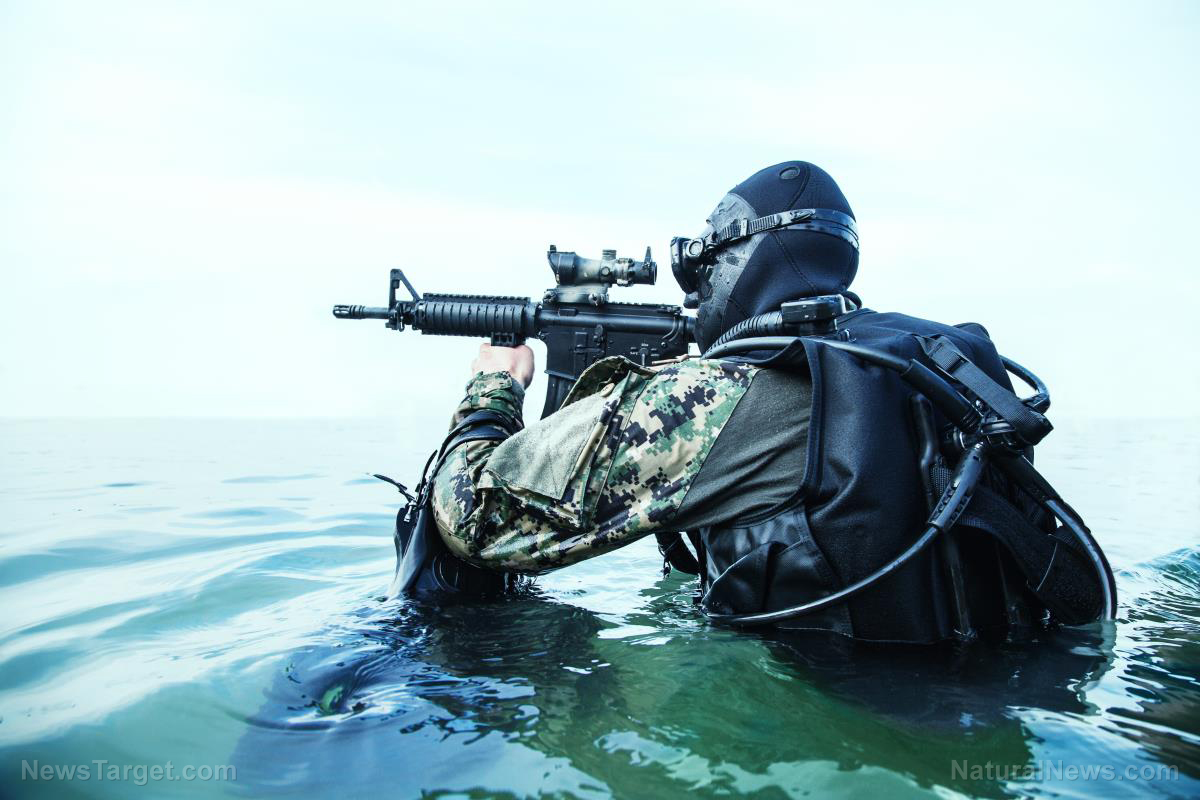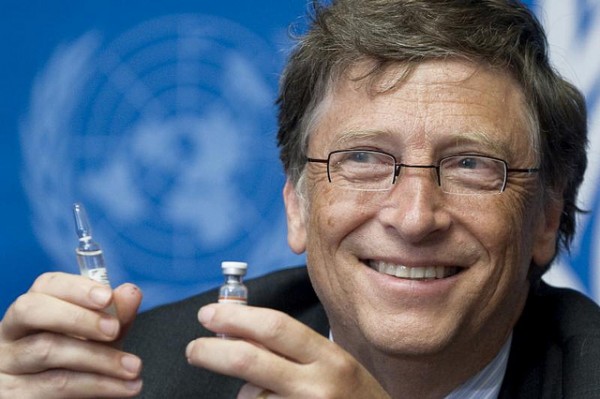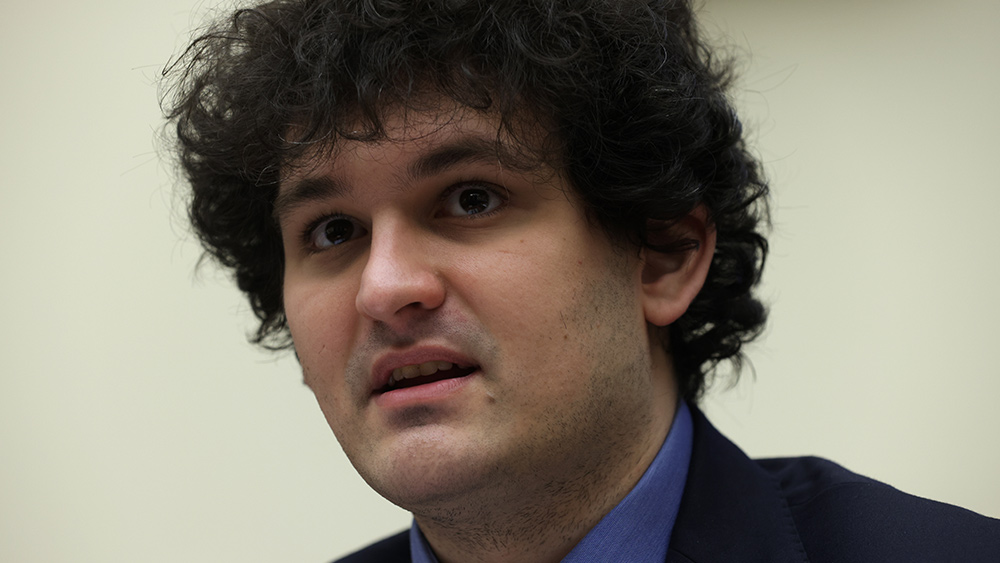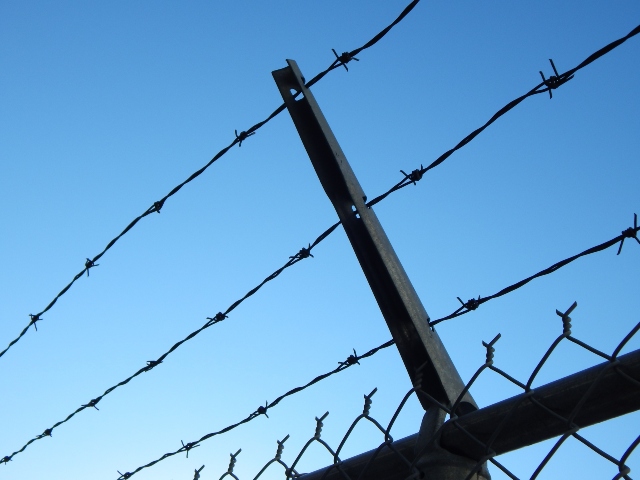 Parler
Parler Gab
Gab
New testing policy only affects active-duty military personnel and reservists
The new testing policy only affects the roughly 9,000 active-duty military personnel and reservists on active-duty orders in the command. Civilians are not included. According to Davids, the random testing initiative is a commitment to the long-term health of every member of the Naval Special Warfare (NSW) community. The testing is expected to cost about $4.5 million per year for the next two years. Davids said any number above zero is unacceptable, whether during training or downrange when sailors are deployed. He has urged sailors to talk to their teammates and commanders about the drugs and their risks. "My intent is to ensure every NSW teammate operates at their innate best while preserving the distinguished standards of excellence that define NSW," he said in his message to the force. Lt. Col. Mike Burns, spokesman for Army Special Operations Command, said it also has been approved for random testing and is working on developing a program. The Naval Special Warfare Center conducted more than 2,500 screening tests between February 2022 and March 2023. It detected 74 SEAL or Special Warfare Combat crewmen with elevated testosterone levels. Three candidates ultimately tested positive for performance-enhancing drugs. The testosterone tests are more common but less precise, and additional screening is needed to identify steroid use. The new random testing will require that sailors provide two urine samples. One will be sent to the Sports Medicine Research and Testing Laboratory, and one will go to the Navy Drug Screening Laboratory Great Lakes to check for standard drugs. The sailor will be notified if the test result is positive. If there is no legal reason for the drugs, the sailor will be subject to discipline and removal from the force. Watch a Navy SEAL as he describes post-traumatic stress. This video is from the GalacticStorm channel on Brighteon.com.More related stories:
Navy SEAL who became transgender now detransitioning, warns gender ideology is a 'cult.' Purposeful sabotage?: US Navy responds to recruiting shortages with drag queen digital ambassador. Biden's woke Navy now training sailors to create proper pronoun 'safe spaces' as Russia, China laugh.Sources include:
WTOP.com Brighteon.comBiden considering asking Congress for $100 BILLION in additional taxpayer assistance for Ukraine
By Arsenio Toledo // Share
Bill Gates announces $40M investment to develop mRNA VACCINE in Africa
By Ramon Tomey // Share
James Woods warns a Hamas-like ‘army is surely walking across Biden’s non-existent border every day’
By News Editors // Share
An absolutely massive Israeli ground invasion of Gaza appears to be imminent
By News Editors // Share
GOP senator refers ex-CIA director to US Capitol police over ‘assassination’ post
By News Editors // Share
Governments continue to obscure COVID-19 vaccine data amid rising concerns over excess deaths
By patricklewis // Share
Tech giant Microsoft backs EXTINCTION with its support of carbon capture programs
By ramontomeydw // Share
Germany to resume arms exports to Israel despite repeated ceasefire violations
By isabelle // Share










